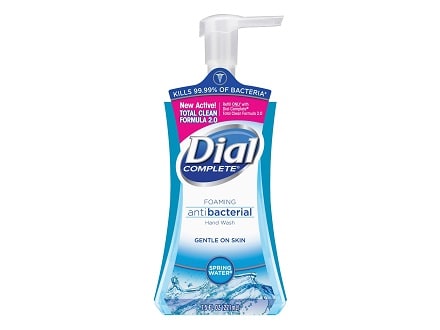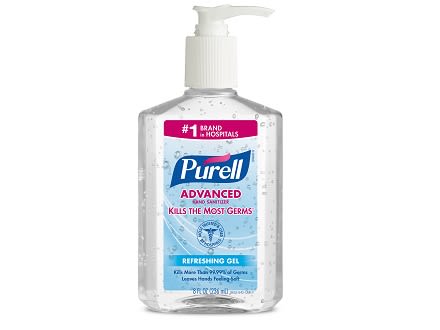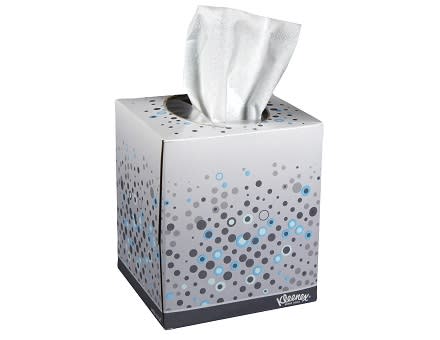Wellness Tips To Fight Colds and the Flu in the Workplace
February 29, 2024
About the Author
Maya Black is a small business owner with over 10 years of experience writing and editing business and finance topics. She’s been featured in various top publications including USA Today and Yahoo Finance.
All content provided herein is for educational purposes only. It is provided “as is” and neither the author nor Office Depot, Inc. warrant the accuracy of the information provided, nor do they assume any responsibility for errors, omissions or contrary interpretation of the subject matter herein.
The contents of this article are for information purposes only. The information does not constitute a medical consultation and cannot replace medical advice. Any information should never be used as a substitute for the advice provided by your physician or other health care provider. There are many possible causes for physical discomfort. If you are experiencing persistent symptoms or symptoms that are severe enough to interfere with your job or personal activities, consider seeking medical assistance.

))
))





